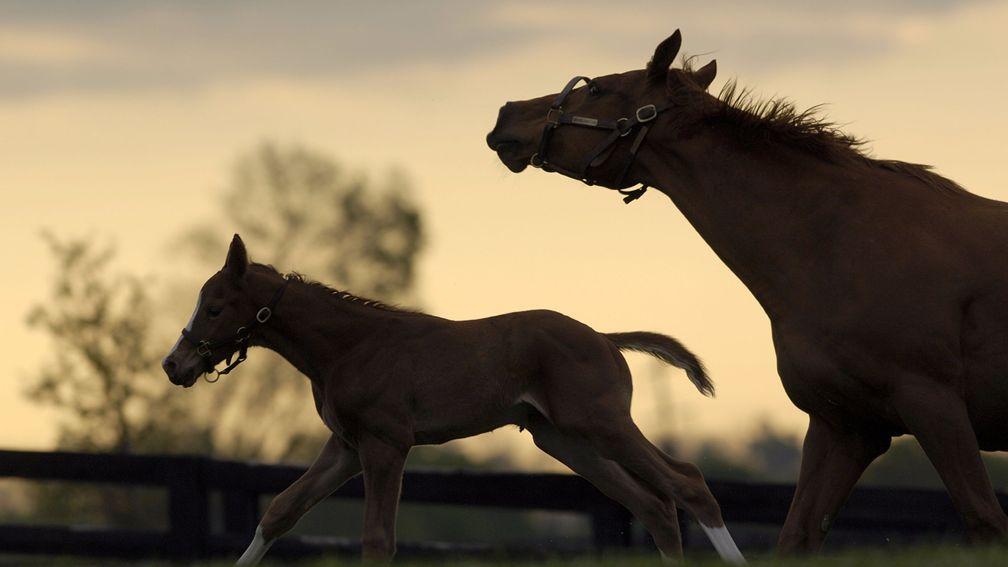'The worst-case scenario of gene doping will happen at breeding stage'
International authorities to work together to combat issue

Two leading world organisations, the International Federation of Horseracing Authorities (IFHA) and the International Stud Book Committee (ISBC), are to work together on ways of combating gene doping in thoroughbreds, which one expert has said could put the whole integrity of racing and the breed in jeopardy.
The decision was taken following a meeting between officials from the IFHA's gene doping control sub-committee and the ISBC’s genetics and welfare sub-committee, including chairman Dr Peter Webbon, in Paris last week, just 24 hours after a large part of the ISBC's two-day annual meeting in London had been devoted to the subject.
ISBC vice-chairman Simon Cooper, who reported on deliberations at the annual meeting to the IFHA executive council on Tuesday, said: "Both organisations have been travelling on the same line and the key was to get the two committees working together.
"To that end, we have agreed principles to combat the problem and a road map for adopting practical deterrents across all 66 approved stud books, so that we are working hand in glove."
Cooper added: "There is a problem of awareness and we need to look at a programme of education, on which we will be working jointly. We want scientists to go out to all the conferences and forums to persuade people in the thoroughbred industry to accept there is a potential problem."
The ISBC meeting heard from Kanichi Kusano, chairman of the IFHA gene doping control sub-committee, who in a presentation to the IFHA annual conference in Paris on Monday raised the spectre of gene doping as a major threat to racing. "It will endanger the integrity of the sport and wagering, and will risk creating genetically modified thoroughbreds, he said.
Dr Kusano added: "The worst-case scenario of gene doping will happen at the breeding stage, by modifying eggs, sperm and embryos. If this happens, it could have a major impact on those racing jurisdictions that use thoroughbreds.
"The second scenario is if a horse was triggered by genetical medication, it would have possibilities to create genetically modified horses in the next generation."
Detecting genetically modified thoroughbreds needs more studies, more time and more resources, Dr Kusano said. But, he added: "Gene doping is not a rumour anymore."
If you liked this, you should also read:
Brexit proposals given positive hearing but issue remains a 'real problem'
Racing in Britain must reflect modern society, industry told
Published on inNews
Last updated
- Breeding right to Blue Point sells for €430,000 on Darley winning bid platform
- Classic hero Metropolitan set for strong home support with Etreham busy at the sales
- 'It has been nothing short of incredible' - Grace Hamilton on Godolphin Flying Start experience
- ‘She’s one of the best two-year-olds in Europe’ - bluebloods set to go down a storm at Arqana Breeding Stock Sale
- HRI announces academy hurdles for unraced three-year-olds starting next season
- Breeding right to Blue Point sells for €430,000 on Darley winning bid platform
- Classic hero Metropolitan set for strong home support with Etreham busy at the sales
- 'It has been nothing short of incredible' - Grace Hamilton on Godolphin Flying Start experience
- ‘She’s one of the best two-year-olds in Europe’ - bluebloods set to go down a storm at Arqana Breeding Stock Sale
- HRI announces academy hurdles for unraced three-year-olds starting next season